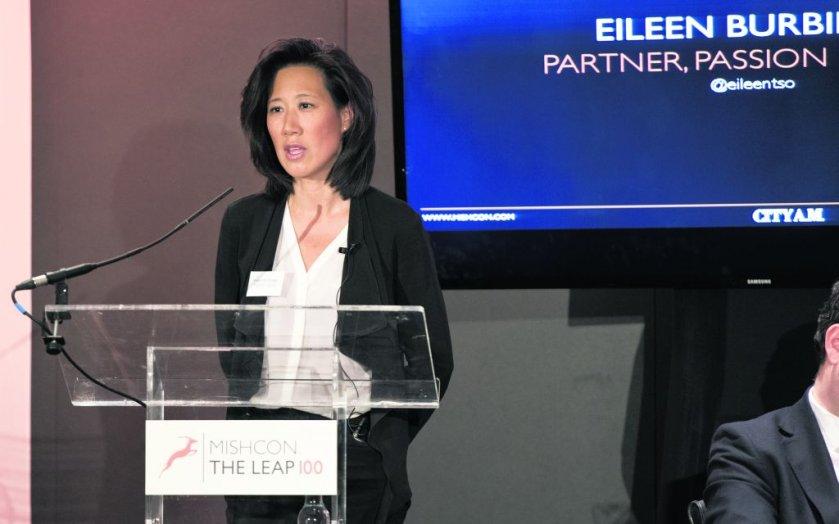
According to Milo Yiannopoulos in an article published last week, the “women in tech” movement is ‘tanking’. Apparently, trying to get more women involved in the technology sector makes us sound ‘shrill’. Women just aren’t interested in tech, they never will be and, to top it all off, their brains just aren’t as well suited to programming.
Hmm. Try telling that to Eileen Burbidge, who has just topped CityAM’s Fintech powerlist. Beginning her career as a software engineer, she cut her teeth in Silicon Valley working for some of the world’s most prestigious tech companies, including Apple, Yahoo and Sun Microsystems. She then moved to London in 2004, becoming one of Skype’s earliest employees, and has just been named as the goverment’s special envoy for Fintech. Not bad for someone whose ‘IQ tends to cluster towards mean on the scale’.
However, it is obvious that Burbidge is the exception to the rule; in general, women’s presence is lacking in the technology industry. According to a survey of Tech London Advocate members, a quarter companies within London tech community employ no women at board level. Burbage may have topped CityAM’s powerlist, but only three women feature in the top 10. In fact, only 12 per cent of angel funding and a mere four per cent of venture capital funding goes to women at all.
The figures speak for themselves; there aren’t a high proportion of women in tech. Baroness Lane Fox, founder of Lastminute.com, argues that we should start accepting the scale of this problem; even the House of Lords, with its dismal male-female ratio, has a greater proportion of women than British tech companies.
However I, unlike Yanniopoulos, don’t believe the poor numbers are due to women being ‘stroppy’, better suited to PR and marketing or simply uninterested. I think it’s far more likely that they are intimidated by a industry that has always been male dominated, and find it difficult to find the confidence and conviction to go up against boards full of men. Of course there are stereotypes in the tech industry – it’s been run almost solely by men since it began – and that’s why we need the “women in tech” movement.
I am inclined to agree with Lane-Fox when she says that “mobilising an underutilized pool of talent can only have huge benefits to the industry.” As high-profile female figures show, including Burbidge and Facebook COO Sheryl Sandberg, women are more than capable of bringing big things to the technology sector. There are movements to bring more women into politics, and several of the big city banks run schemes designed to encourage young girls into finance – so why on earth shouldn’t there by a group supporting women in technology?
What won’t help women are articles like the one written by Yanniopoulos; by denying that there is a problem, it discredits any movement that tries to solve it. I scrolled down to the comments at the bottom, hoping to find some with the same sense of disbelief as I felt when I read it; sadly, the majority of what I found were men in agreement, saying that female programmers are “mediocre at best”. When I posted the article on Twitter, I received a baffling amount of replies from trolls, blocking me and telling me to “order a sense of humour from Amazon” (Apparently, it’s free delivery.) I’m sure I shall receive the same backlash for publishing this.
Fortunately, there are plenty of groups out there that support and encourage women in tech. Girls in Tech is an international group, who aim to ‘raise the visibility of women in technology, entrepreneurship and innovation’, and GeekGirl Meetup provides support and advice for all “women and girls interested in all things tech, design, and startups”, as does Ladies in Tech London. Thankfully, the “women in tech” movement doesn’t seem to be ‘tanking’; if anything, it’s growing, and that can only be a good thing for the technology industry as a whole.
Miranda Wadham
